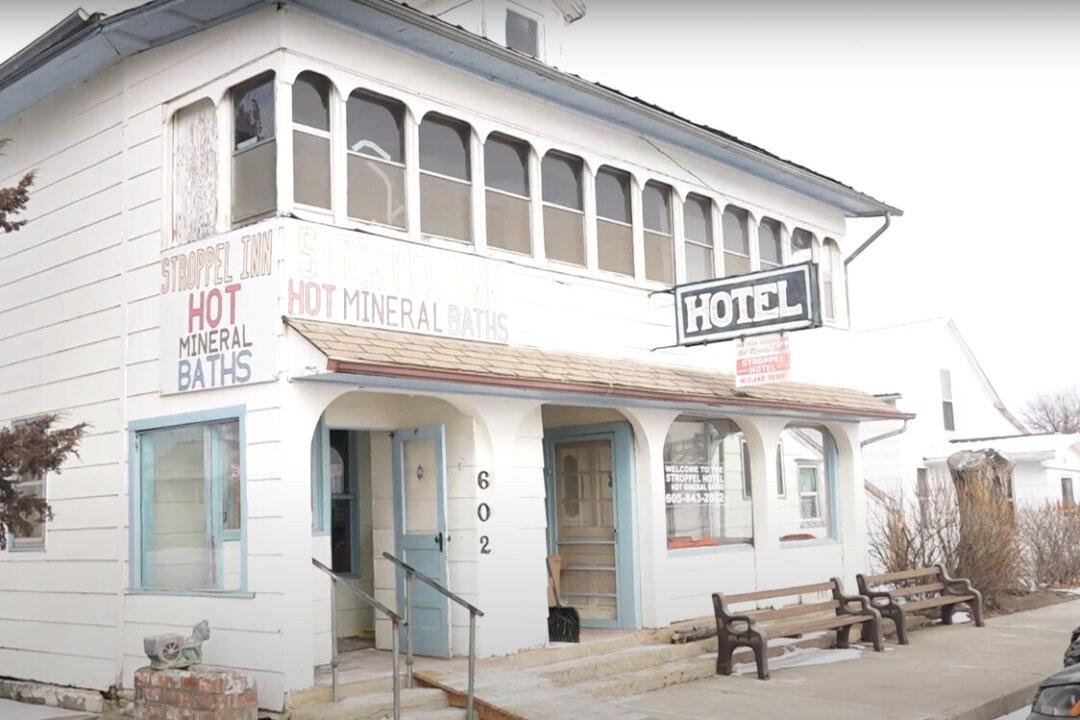This is part three of a series exploring the effects of President Joe Biden’s cancellation of the Keystone XL oil pipeline.
MIDLAND, S.D.—“My husband just called me ... he just got fired,” said Laurie Cox, her voice trembling ever so slightly as she put on a brave smile. But it was impossible to ignore her now-crestfallen demeanor.





